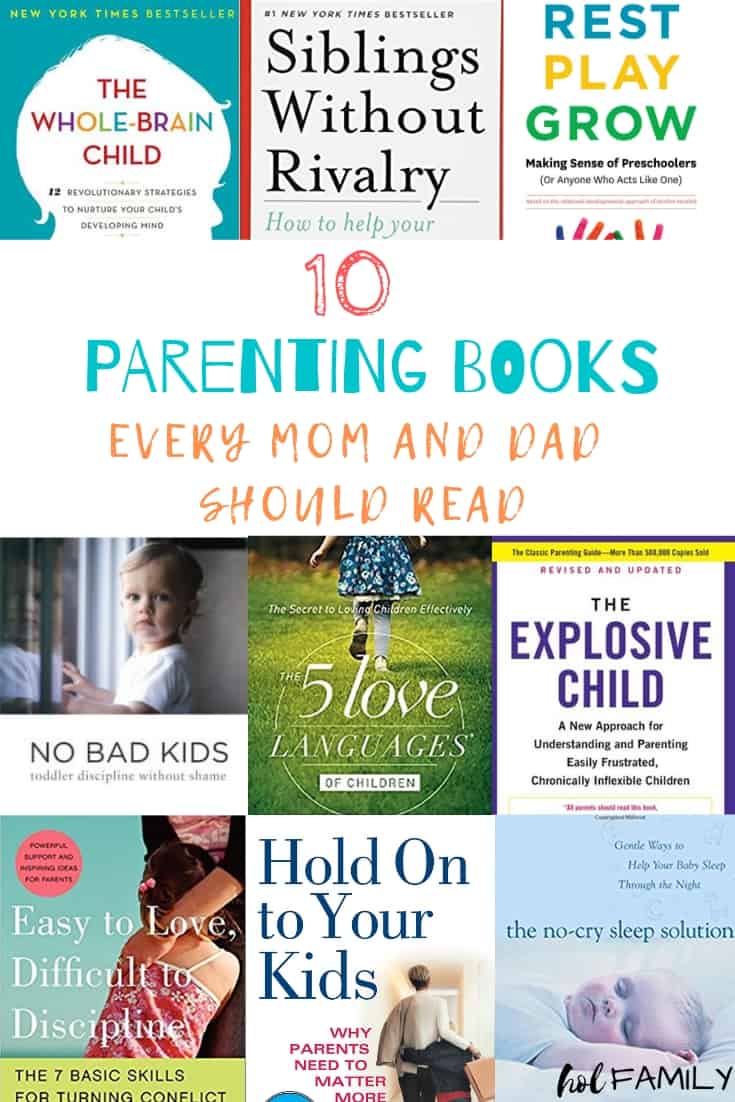
I love reading and researching. When I was pregnant with my first son, I had a stack of about 20 different books on pregnancy, delivery, and caring for newborns stacked on my nightstand. I poured over them, trying to gather as much information as I could to feel confident and ready to enter into world of Motherhood. I quickly learned that all of the research and books in the world could not prepare me for what it would be like to actually be a Mom.
I also found that all of the information in these parenting books was conflicting. One book told me to let my baby “cry it out,” while another book told me to co-sleep. One book said to use “1-2-3- Magic” and another said this tactic is ineffective. The more I read, the more confused I became. At one point, I literally felt paralyzed by all of the different advice I was reading and didn’t know what to believe anymore.

I decided to let my heart guide me more in my parenting choices, and to only read books that aligned with my core beliefs about attachment, gentle parenting, positive discipline, and no-cry sleep solutions. I also cleaned off my bookshelf and left just the top ten parenting books that I frequently turned to for guidance since becoming a Mom 6 years ago. Three children later, and I can honestly say that these ten books are the backbones that have shaped who I am as a parent today.
These are the types of books you will read, re-read, highlight, and be able to flip open to a favourite chapter or line when you need it. Even on my worst days as a Mom (because we all have those days when we mess it up), just knowing that I have these books as a resource to turn to provides me the confidence to get myself back on track.
Hold On To Your Kids by Gorden Neufeld

This book is a must read for all parents and caregivers. It addresses the growing trend of “peer orientation” where kids and teens are looking to their peers instead of their parents (or other appropriate authority figures) for direction on behaviour, their identity, values, and more.
You’ll learn strategies to foster the important attachment relationship with your children, how to win back this vital connection if it has been lost, and how to maintain this bond of trust and security so that your kids will feel safe enough to come to you with the big issues they face down the road.
The No Cry Sleep Solution by Elizabeth Pantley

This was one of the first parenting books I read as a new Mama. Sleep deprived, but looking for an alternative to the Ferber method of sleep training (a.k.a. crying it out), I stumbled across this book.
Whether you are a co-sleeping family, transitioning baby into the crib, or looking to minimize multiple night-time wakings, this book has got you covered. There are gentle, no-cry solutions for whatever sleep situation you may find yourself in and they are simple, yet ultra effective.
I was so impressed with this book that I also bought The No Cry Nap Solution and The No Cry Sleep Solution for Toddlers and Preschoolers.
How to Talk So Kids Will Listen & Listen So Kids Will Talk by Adele Faber and Elaine Mazlish

Communication is key in the parent-child relationship, yet it is often a huge source of conflict and stress. Well-meaning parents who are just trying to be heard often resort to yelling, threats, and punishment when children appear to be deaf or defiant to whatever message is being spoken.
Likewise, children often want to talk at inopportune times (during your conversation with your spouse, bedtime, or while you are engaged in some important task), and are met with reprimand or “not now, I’m busy.” In this book, you’ll learn problem solving methods and relationship building strategies including how to:
Rest, Play, Grow: Making Sense of Preschoolers (Or Anyone Who Acts Like One) by Deborah MacNamara 

Preschoolers are one of the most misunderstood age categories, with the capacity to go from happy and playing to screaming and rage in seconds. Have you ever silently wondered if there is something wrong with your child? Maybe an underlying diagnosis or disorder that might explain this erratic behaviour?
Being the parent of a preschooler can be exhausting and frustrating, and it can be easy to wish away these precious years. Understanding that their behaviour is not personal or vindictive, and is actually a normal part of child development can really help us as parents to change the way we relate to our little ones.
Parenting preschoolers doesn’t have to be a painful process. This book will help you to understand and relate to your preschooler, and embrace the vital role that you play in helping your little one thrive and flourish during their formative years.
Siblings Without Rivalry: How to Help Your Children Live Together So You Can Live Too by Adele Faber and Elaine Mazlish
Fighting, bickering, hitting, pushing, jealousy, competition, trying to prove to themselves (and each other) that they are important and loved equally by their parents. As the parent of three young children, I can attest to the battles (more like WWIII in our home) that can take place between siblings.
If you are also the parent of siblings who fight, you probably just wish that your children would get along. Actually showing each other love and being friends can seem way out of reach, but it doesn’t have to be.
This book is a must read for parents of siblings. It provides parents with the practical tools needed to minimize conflict and competition, foster cooperation and friendship, and teaches how it can be possible to treat children unequally while still being fair.
The 5 Love Languages of Children: The Secret to Loving Children Effectively by Gary Chapman and Ross Campbell
When David and I were newly married, we read The Five Love Languages (the adult version) and were surprised to learn that our love languages differed. While I loved acts of service and gifts, David preferred physical touch and words of affirmation. We tend to show love in the way we like to receive love, but if the other person’s love language is different then they won’t feel loved no matter how much we are trying to show it.
Children are no different. They have their own unique love languages, and discovering how your children prefer to be loved can be an indispensable parenting tool. If you have one child who prefers physical touch, one who wants quality time, and one who likes acts of service, you can plan your day to include some snuggle time with child #1, individual play time with child #2, and help to straighten up child #3’s bedroom while they are at school. Not only will you be removing a lot of the guilt you feel for not being able to do it all for each child, but you’ll be filling their little love tanks which goes a long way in gaining their cooperation and trust when you need it.
This book will guide you through discovering your child’s love language, teach you how to use this information to discipline more effectively, and provide you with practical tips and ideas on how to speak your child’s love language so you can build a bond with your child to last a lifetime.
Which book are you going to read first? Leave us a comment below and let us know!
SaveSave
SaveSave
SaveSave
SaveSave
SaveSave
SaveSave
SaveSave
SaveSave
SaveSave
SaveSave
SaveSave
· Cope with your child’s negative feelings, such as frustration, anger, and disappointment
· Express your strong feelings without being hurtful
· Engage your child’s willing cooperation
· Set firm limits and maintain goodwill
· Use alternatives to punishment that promote self-discipline
· Understand the difference between helpful and unhelpful praise
· Resolve family conflicts peacefully
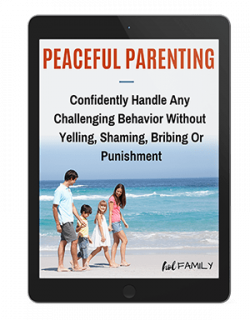



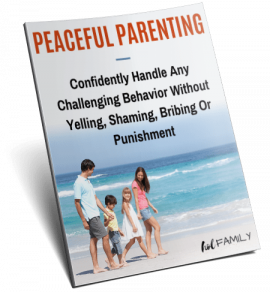
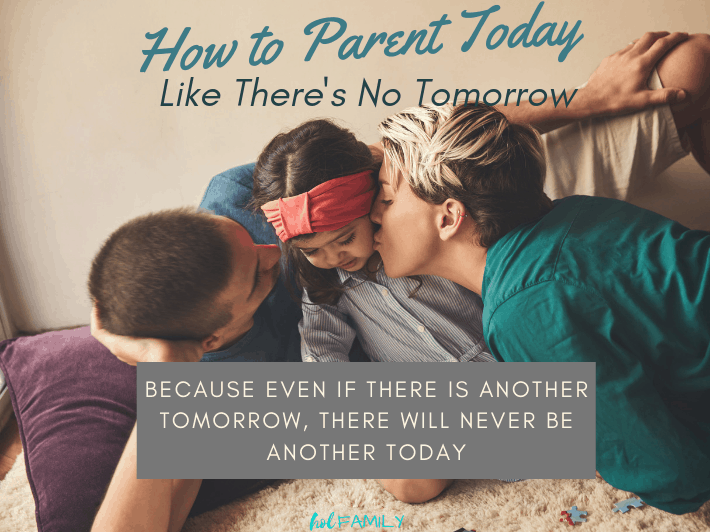
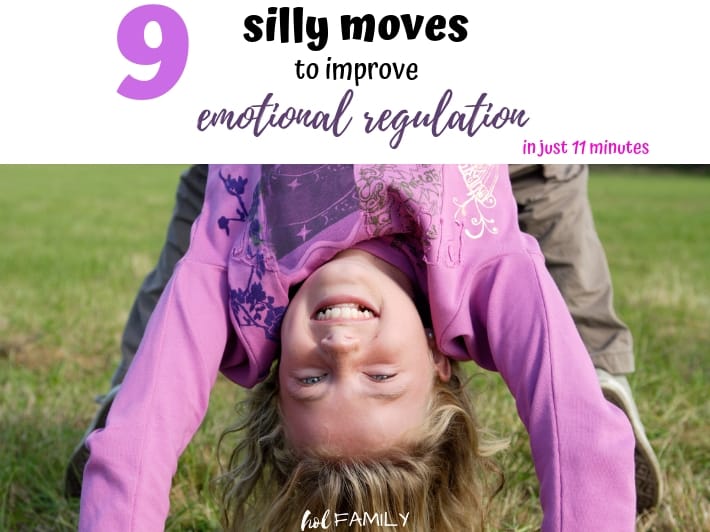

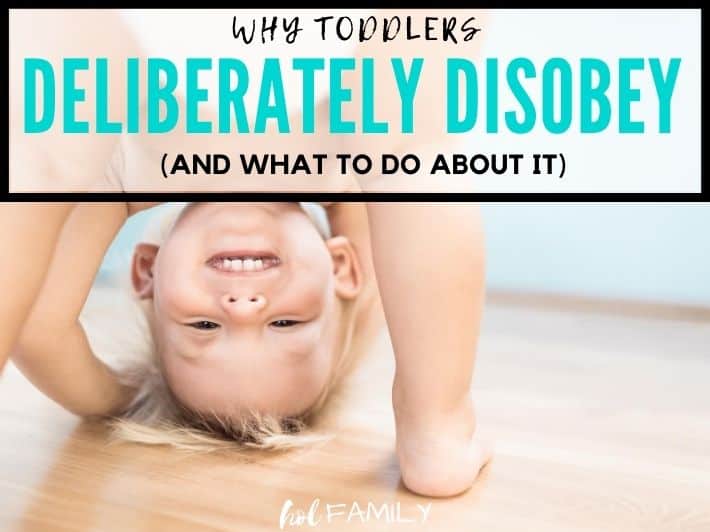
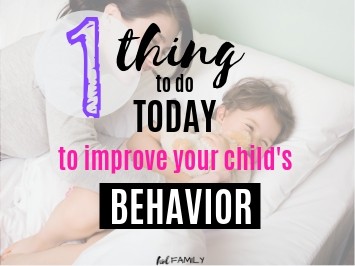
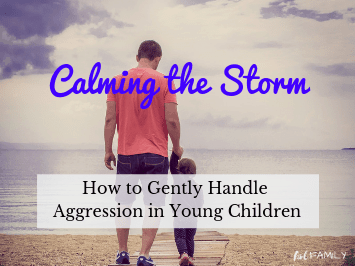
2 thoughts on “10 Best Parenting Books Every Mom and Dad Should Read”
Hi Raina, Thank you for posting these, and all your notes on each. My daughter just turned 4 this week. Her total defiance, fresh/rude responses and stomping etc., has been peaking over the past month, which has created a mom I don’t want to be, a mom who yells a whole lot.
Many of these sound to be must reads. I am desperate to make efforts to change this asap. Could you recommend a read you would pick up first, something that might serve as a foundation, that I could build on with some of these other reads, as continued aid and evolution.
Again, greatly appreciate all the detail you’ve provided.
Hi Jen, I’m sorry you’re going through such a challenging parenting season. If I had to choose just one to start with based on what you’re telling me, I’d probably choose “How to Talk So Kids Will Listen and Listen So Kids Will Talk.” Hope it helps! 🙂